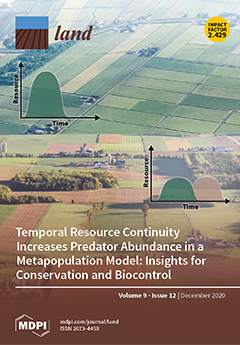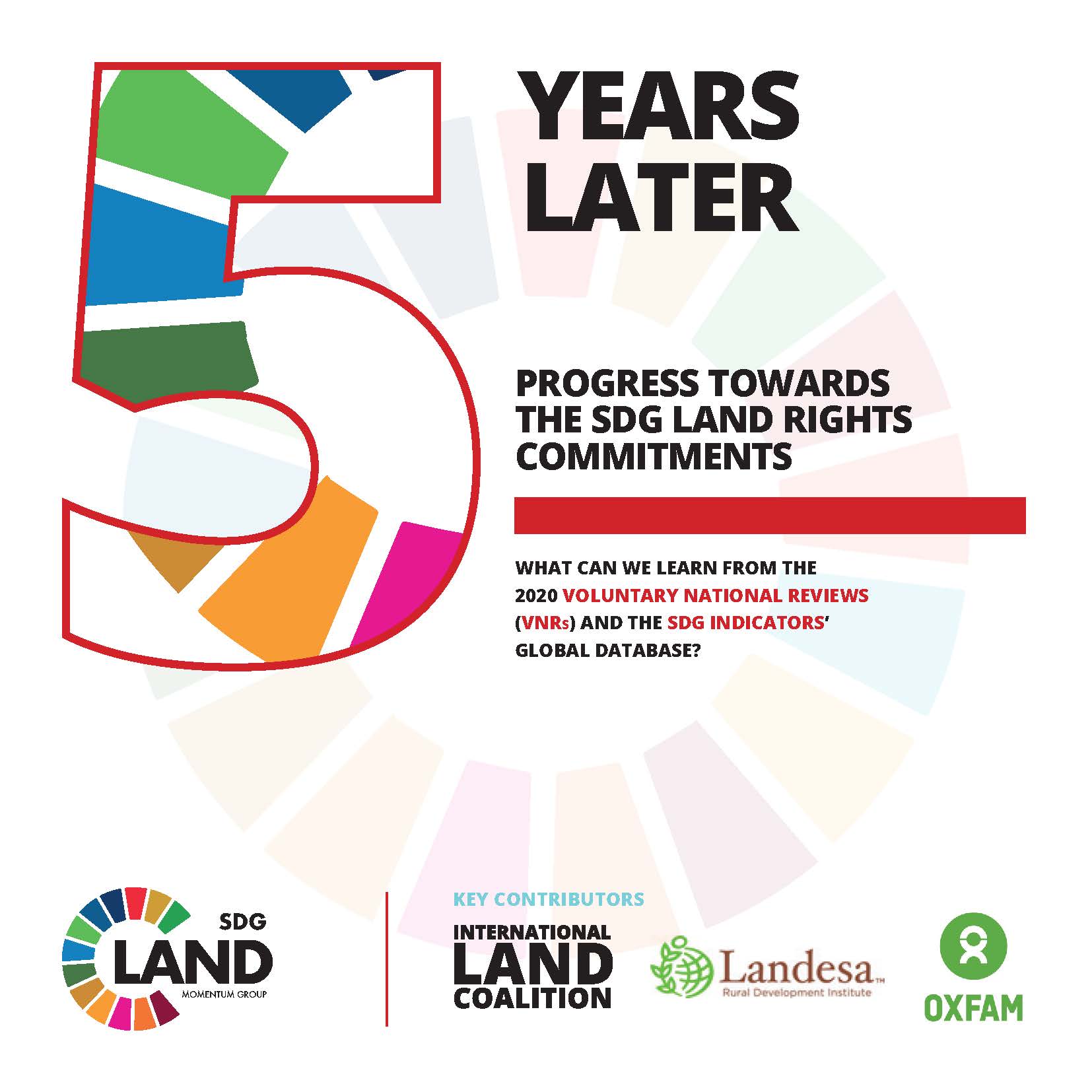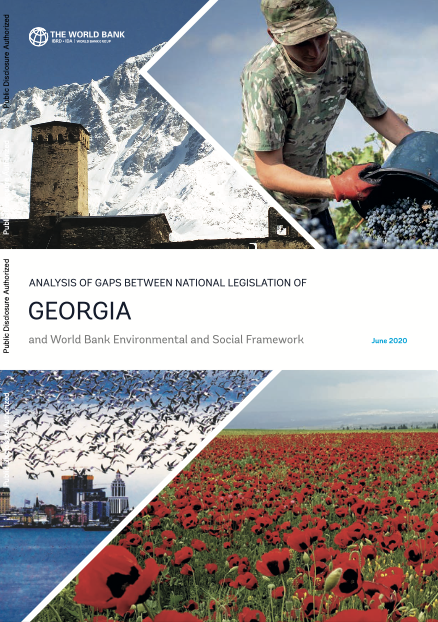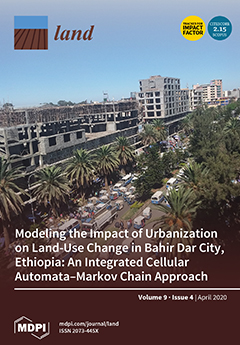Proceeding Report of the 40th Anniversary of National Meteorological Agency, Official endorsement of the National Framework for Climate Services an International Scientific Conference
Ethiopia is located in the Horn of Africa within 3–15° N and 33–48° E, bordered by Eritrea to the north and northeast, Djibouti to the east, Sudan to the west, Kenya to the south, and Somalia to the south and east. It covers an area of about 1.14 million square kilometers. The country's topography consists of high and rugged plateaus and peripheral lowlands. Elevations in the country range from 160 meters below sea level (northern exit of the Rift Valley) to over 4600 meters above sea level (of northern mountainous regions).








